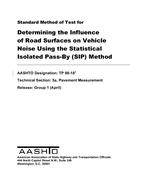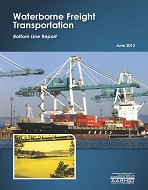Description
This test method covers procedures for determining the magnitude and rate of consolidation of soilwhen it is restrained laterally and drained axially while subjected to incrementally applied controlled-stress loading. Two alternative procedures are provided as follows:
Test Method A – This test method is performed with constant load increment duration of 24 h, or multiples thereof. Time-deformation readings are required on a minimum of two-load increments.
Test Method B – Time-deformation readings are required on all load increments. Successive loadincrements are applied after 100 percent primary consolidation is reached, or at constant timeincrements as described in Test Method A.
Note 1 – The determination of the rate and magnitude of consolidation of soil when it is subjectedto controlled-strain loading is covered by ASTM D 4186.
This test method is most commonly performed on undisturbed samples of fine grained soils naturally sedimented in water; however, the basic test procedure is applicable as well to specimens of compacted soils and undisturbed samples of soils formed by other processes such as weathering or chemical alteration. Evaluation techniques specified in this test method are generally applicable to soils naturally sedimented in water. Tests performed on other soils, such as compacted and residual (weathered or chemically altered) soils, may require special evaluation techniques.
It shall be the responsibility of the agency requesting this test to specify the magnitude and sequence of each load increment, including the location of a rebound cycle, if required, and, for Test Method A, the load increments for which time-deformation readings are desired.
Note 2 – Time-deformation readings are required to determine the time for completion of primaryconsolidation and for evaluating the coefficient of consolidation, cv. Since cv varies with stress level and load increment (loading or unloading), the load increments with timed readings must be selected with specific reference to the individual project. Alternatively, the requesting agency may specify Test Method B wherein the time-deformation readings are taken on all load increments.
Product Details
- Published:
- 2007
- Number of Pages:
- 21
- File Size:
- 1 file , 1.7 MB
- Product Code(s):
- T216-07-UL, T216-07-UL, T216-07-UL




